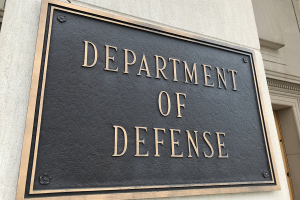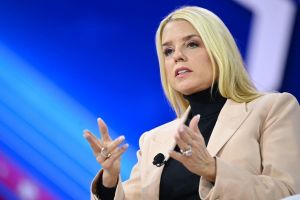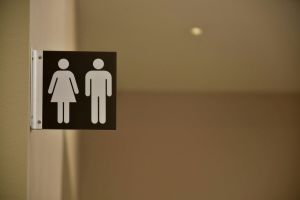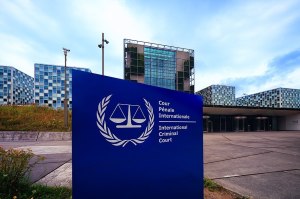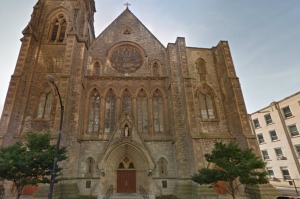Egyptian President Urges Limits on Free Speech
Egyptian President Mohamed Morsi on Wednesday rejected President Barack Obama's call for freedom of expression, saying defamation of Islam will not be tolerated but while claiming he believes in democracy and human rights.
"We must acknowledge the importance of freedom of expression," The Associated Press quoted Morsi, a member of the conservative Muslim Brotherhood, as saying at the Clinton Global Initiative forum in New York on Wednesday. "We must also recognize that such freedom comes with responsibilities, especially when it comes with serious implications for international peace and stability."
Morsi, who repeatedly referred to himself as the "first, democratically elected, civilian president of Egypt," said his country respects freedom of expression, but "one that is not used to incite hatred against anyone, one that is not directed toward one specific religion or cult."
Yemen President Abdu Rabu Mansour Hadi, seconded Morsi. "There should be limits for the freedom of expression, especially if such freedom blasphemes the beliefs of nations and defames their figures," he said.
Morsi's call for limits of freedom of expression comes at a time when an outrage is underway in the Muslim world over an anti-Islamic video made in the United States. Dozens of people have died in demonstrations across Muslim-majority and other nations. President Obama had urged at the United Nations that full freedom of expression cannot be curbed.
On the other hand, Morsi insisted that there is gender and religious equality in Egypt. "All Egyptians represent the majority, all Egyptians – men, women, Muslims, and Christians ... regardless of their beliefs, their gender, their color," he said. "We have really a new democratic state and a new real civilian state in Egypt: non-theocratic, not military."
Morsi overlooked the death of dozens of Coptic Christians in sectarian clashes since an uprising overthrew President Hosni Mubarak early last year. Washington's 2011 International Religious Freedom Report also expressed concern over "both the Egyptian government's failure to curb rising violence against Coptic Christians and its involvement in violent attacks."
Morsi went on to criticize Syria's backers. "I can't simply watch the blood that is being shed in Syria, or the children starving in Gaza, and claim that our model of global governance works," he said.
The Egyptian president sought to suggest that the biggest problem the country faces is corruption. "We don't have a real problem in terms of the rights of women," he said. "However, the corruption is something everybody suffered from." He also admitted Egypt has high unemployment, a crippled infrastructure, sputtering economy and unchecked violence.
"As an Egyptian, I know there is no limit to what humans can accomplish when people come together for a peaceful purpose," he added. "As a Muslim, I know God helps."
















